The current owners of British singer Adele's former home have claimed that her remarks about the property being haunted have made it difficult to sell the £6 million mansion in West Sussex.
Adele rented the 10-bedroom property, known as Lock House, in 2012. At the time, she told The Sun newspaper that she believed the house was haunted. The singer even admitted to hiring her female driver as a "paranormal bodyguard" due to the extreme activity she claimed to have experienced there. After Adele moved out, the property was re-listed for sale but failed to attract any offers.
The owners have struggled to sell the house for over a decade. In fact, the only offer they ever received, in August 2020, fell through after the potential buyer learned of the mansion's supposed haunted status. This has prompted the owners to apply for planning permission to split the property into four separate homes, citing the difficulties of selling it as a single large residence.
In their submission, the owner stated, "The first tenant, Adele, stayed for six months and blighted the property by saying it is haunted." They claim this comment has negatively impacted the house's reputation and continues to affect its marketability.
Lock House has an interesting past. Originally built in the early 1900s, the house underwent significant renovations in 1940. In 1971, it was divided and sold at auction as 26 separate lots. Later, the property became the Convent of the Visitation before the current owner acquired it in 2003. Today, Lock House sits on a 32-acre estate and boasts luxurious features, including 10 bedrooms, 10 bathrooms, indoor and outdoor swimming pools, a tennis court, a helicopter pad, and even a cinema room.
Stories of hauntings, whether true or not, can make selling a property challenging. This is also true for homes located near graveyards or with a history of tragic events. But are sellers legally required to disclose a haunted reputation to potential buyers?
In the UK, property law follows the principle of "caveat emptor," or "let the buyer beware." This means it's up to the buyer to investigate the property they're purchasing. As part of the process, solicitors typically carry out inspections and raise enquiries. However, surveys and inspections don't include checks for
paranormal activity.
If a buyer's solicitor specifically asks whether a house is haunted, or whether the seller believes it to be, the seller must answer honestly. Failing to disclose information or providing a misleading response could lead to legal issues if the buyer later becomes aware of the property's haunted reputation - though proving such a case would likely be difficult.
For buyers concerned about the possibility of paranormal activity, the solution is simple: ask the question. During the purchase process, you or your solicitor can specifically inquire about the house's history, including any ghostly rumours.
Estate agents and sellers are obligated to answer honestly if such questions are raised, especially if the property's haunted status is widely known locally. While it might feel strange to ask if your dream home is haunted, it's the best way to find out in advance.
The mansion, with its luxurious amenities and sprawling estate, may still appeal to buyers who aren't deterred by tales of the supernatural. For those who believe in ghosts, though, asking a few extra questions during the purchase process about Adele's ghost stories might just save them a spooky surprise.


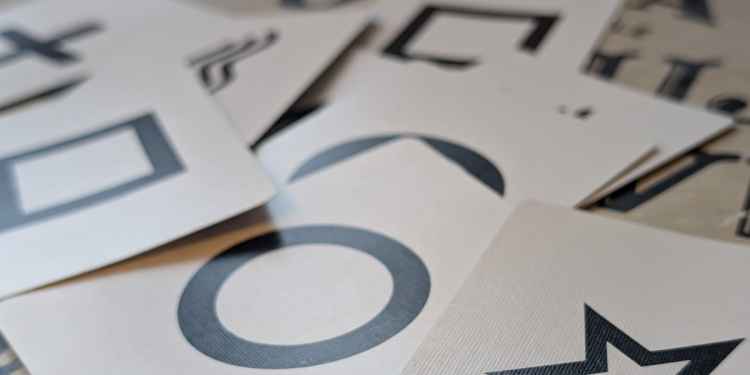
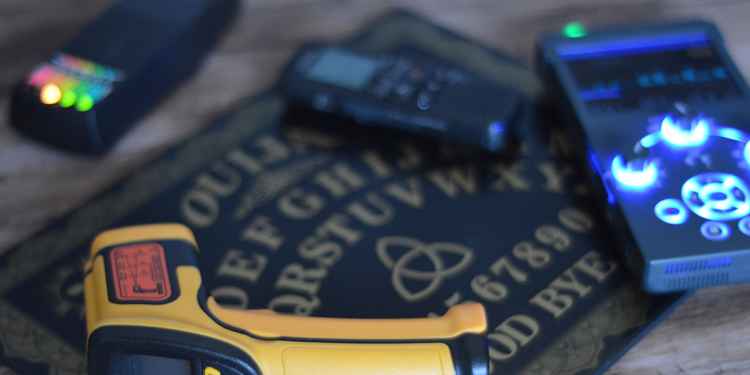
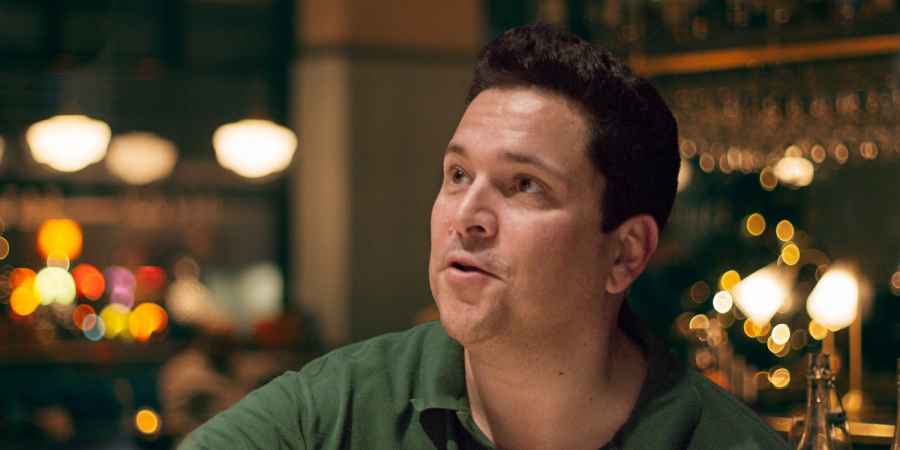

 See More on Audible
See More on Audible
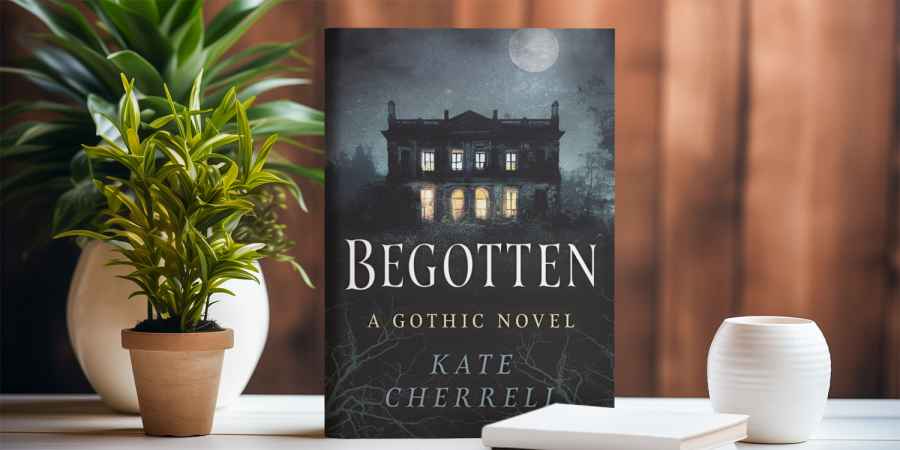
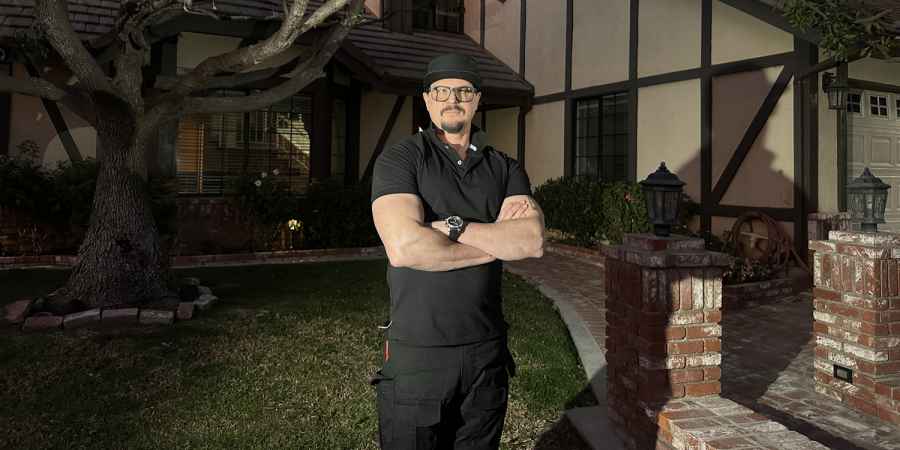

Comments
Want To Join The Conversation?
Sign in or create an account to leave a comment.
Sign In
Create Account
Account Settings
Be the first to comment.